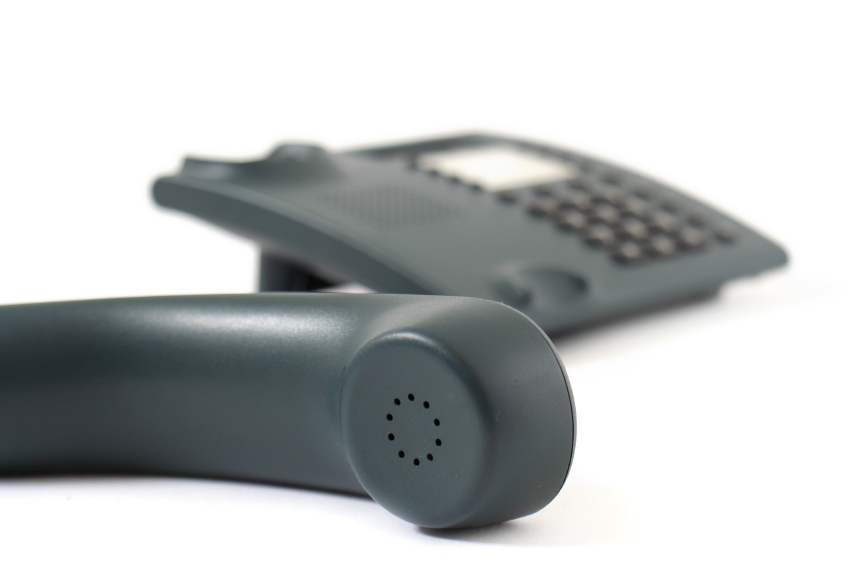In the aftermath of last week’s flooding, West Virginians are looking to help their neighbors recover. But Attorney General JB McCuskey is urging consumers to be on guard against impostors calling to solicit monetary donations.
McCuskey’s office warns that scammers may take advantage of the expectation that there will be organizations set up to provide relief, or using names that are similar to authentic, existing organizations.
“The people who have been affected by this catastrophic event are in my prayers,” Attorney General McCuskey said in a press release. “West Virginians are very generous – even in their own time of need – they will give whatever they can. Unfortunately, there are those who will try to take advantage of their giving spirit, so we just want people to be aware of some of the common scams to protect them and make sure their donations are actually used to help our neighbors in need.”
Those who want to give to a charity or organization are advised to confirm it is registered with a state government agency such as the West Virginia Secretary of State’s Office. Consumers also can research charities online via www.charitynavigator.org or www.guidestar.org.
Those looking to donate are also advised to only give to established charities or groups whose work you know and trust. You should never feel pressured to donate immediately and ask questions of anyone soliciting donations.
Additional tips to keep in mind when giving to disaster relief organizations:
- Be suspicious of charities that ask for donations in cash, gift cards or via wire transfer.
- Consider paying by credit card, which is the safest option for security and tax purposes.
- Ask how much of an individual donation directly supports the relief effort.
- Never rely on a group’s sympathetic sounding name or its similarity to a well-known, reputable entity.
- Be wary of unsolicited calls that thank you for donations that you do not recall making.
- Verify any local chapter is authorized to solicit funds on behalf of its parent organization.
- Go directly to a charity or organization’s website instead of clicking on a link to the desired group.
- Any online contribution website should start with https://. The “s” verifies a secure connection, making it less likely for personal information to be stolen.
- Be wary of any charity refusing to detail its mission, use of donations or proof of tax deductibility.
- Keep records, including a letter confirming the charitable status of the organization, for contributions in excess of $250.
Any West Virginian who is suspicious of a charity may contact the Attorney General’s Consumer Protection Division at 800-368-8808 or file a complaint online at www.ago.wv.gov.
